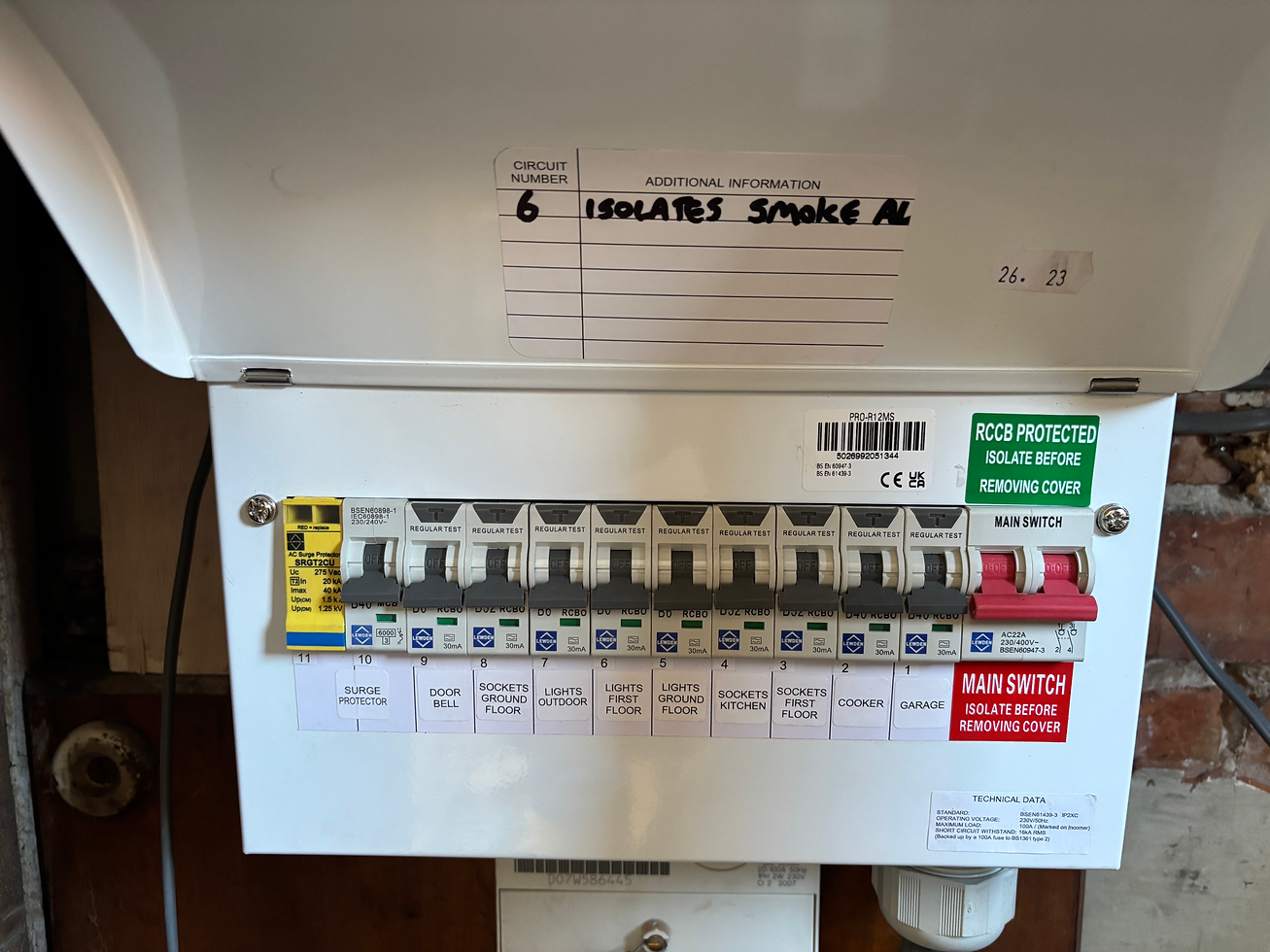
Understanding circuit breakers, RCDs and why RCBOs are the future of Electrical safety
- Paul Wild
- Jul 10, 2025
- 2 min read
When it comes to keeping your home or business safe, understanding the different types of protective devices in your consumer unit is essential. Here’s a straightforward guide to the differences between circuit breakers, RCDs, and why RCBOs are becoming the preferred option for electrical installations.
What is a Circuit Breaker?A circuit breaker protects electrical circuits from damage caused by overloads or short circuits. If you plug in too many appliances or there’s a fault, the circuit breaker “trips,” cutting off the power to prevent overheating and potential fire.
• Main job: Protects wiring and appliances from overloads and short circuits.
• Limitation: Doesn’t protect against electric shock from earth faults (like touching a live wire).
What is an RCD (Residual Current Device)?An RCD is a life-saving device that protects against electric shock. It constantly monitors the flow of electricity in a circuit. If it detects a leakage (for example, if someone touches a live part and current flows through their body to earth), it quickly disconnects the power.
• Main job: Protects people from electric shock and reduces fire risk from earth faults.
• Limitation: In most traditional setups, one RCD protects multiple circuits. If there’s a fault on one circuit, the RCD can cut power to everything it covers, causing inconvenience.
What is an RCBO (Residual Current Breaker with Overcurrent)?An RCBO combines the functions of a circuit breaker and an RCD in a single device. It protects against overloads, short circuits, and earth faults—offering both types of protection for each individual circuit.
• Main job: Provides complete protection for both people and wiring, on a circuit-by-circuit basis.
• Advantage: If there’s a fault, only the affected circuit loses power, not the whole property.
Why Are RCBOs the Better Option?Modern electrical standards and best practices are moving towards using RCBOs for several reasons:
• Improved Safety: Each circuit is individually protected against all major risks—overload, short circuit, and electric shock.
• Reduced Nuisance Tripping: A fault on one circuit (like a faulty appliance) won’t turn off power to your whole home or business.
• Easier Fault Finding: If something trips, you know exactly which circuit has the issue, making repairs quicker and less disruptive.
• Future-Proofing: As electrical regulations evolve, RCBOs help ensure your installation remains compliant and safe.
ConclusionUpgrading to RCBOs is a smart investment for anyone looking to improve electrical safety and convenience. If you’re considering a consumer unit upgrade or want to know more about the best protection for your property, get in touch for expert advice.
Contact UsHave questions or want a quote? Message us or call 01253 963 453.Visit our website for more information: www.bfesltd.com



Comments